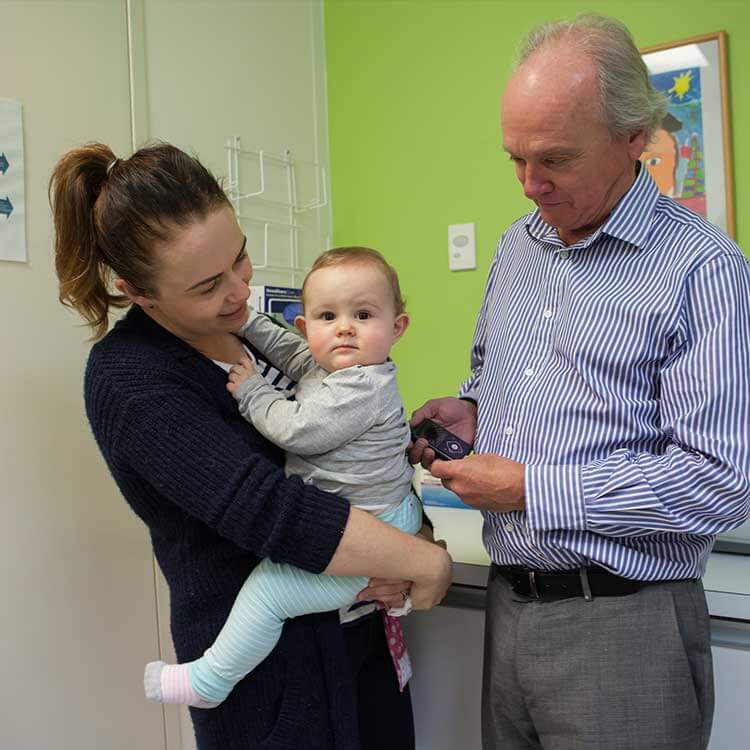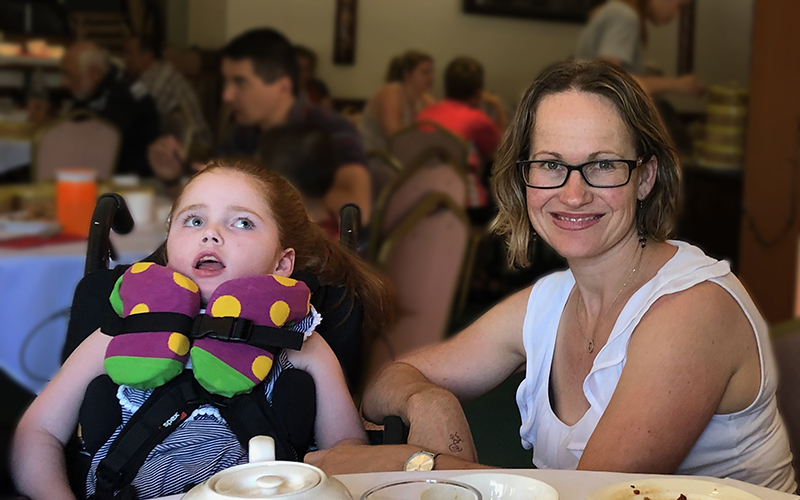Search
Showing results for "Au"
Research
Subcutaneous administration of benzathine benzylpenicillin G has favourable pharmacokinetic characteristics for the prevention of rheumatic heart disease compared with intramuscular injectionBenzathine penicillin G has been used as monthly deep intramuscular (IM) injections since the 1950s for secondary prevention of acute rheumatic fever and rheumatic heart disease (RHD). Injection frequency and pain are major programmatic barriers for adherence, prompting calls for development of better long-acting penicillin preparations to prevent RHD.
Research
Nasal delivery of a commensal Pasteurellaceae species inhibits nontypeable Haemophilus influenzae colonisation and delays onset of otitis media in miceWe have demonstrated that a single dose of a closely related commensal can delay onset of NTHi otitis media in vivo
Research
Perturbation of the T Cell Compartment Underlies Rheumatic Fever PathogenesisThis prospective cohort study, which recruited participants with definite ARF in Australia and Aotearoa New Zealand, profiled circulating immune molecules and cells to inform disease mechanisms and future druggable pathways.
Research
Evidence for the use of an algorithm in resolving inconsistent and missing Indigenous status in administrative data collectionsWe found that algorithms reduced the amount of missing data and improved within‑individual consistency.
Research
Socioeconomic disparities in the mental health of Indigenous children in Western AustraliaThe burden of mental health problems among Aboriginal and Torres Strait Islander children is a major public health problem in Australia.

The Children's Diabetes Centre's research into Type 1 diabetes, childhood onset Type 2 diabetes and obesity aims to improve the lives of children and adolescents affected by these conditions.
Protecting your privacy is important to us. This policy explains how The Kids Research Institute Australia collects, uses, and safeguards your personal information.

News & Events
Feeding change helps keep kids with intellectual disability out of hospitalChildren with intellectual disability who underwent gastrostomy – a feeding tube placed into the stomach – had better overall health and fewer hospitalisations for all causes except acute respiratory illnesses, research led by The Kids Research Institute Australia has found.

News & Events
Getting through to young people on sun safety and vapingResearchers from The Kids Research Institute Australia and Cancer Council WA will team up on two projects aimed at identifying the most effective public health messaging for young people around SunSmart behaviours and how to stop vaping.

News & Events
The First 1,000 DaysThis article explores how to support a child's physical and mental health during critical developmental periods, known as the first 1,000 days of life.
